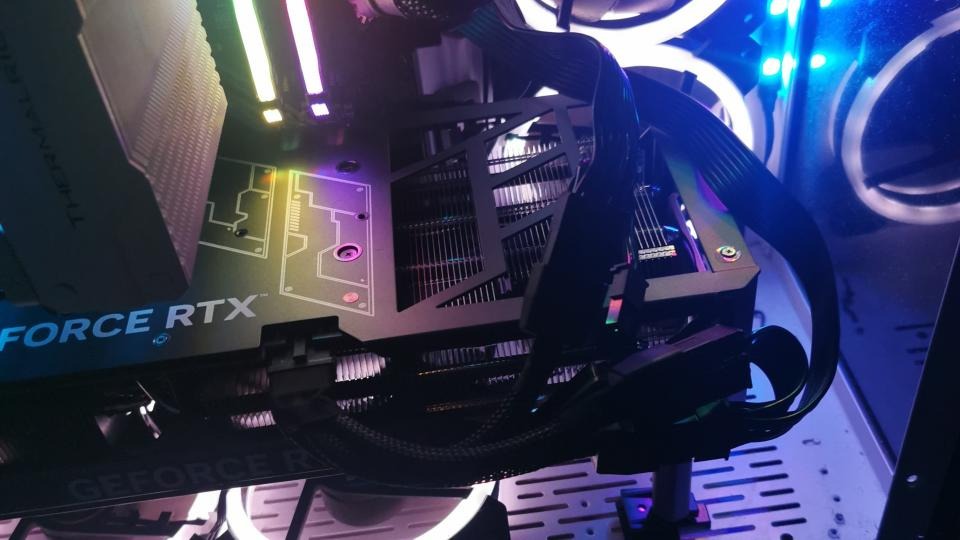Gaming hardware has come a long way, but the reality is that today’s technology may not meet the demands of tomorrow. As the gaming landscape evolves, do we prepar to embrace the mind-boggling advancements on the horizon?
Gaming hardware revolution
From quantum computing to brain-computer interfaces (BCIs) and flexible displays delivering full-body haptic feedback, emerging technologies transform how we play games and how brands and influencers engage with their audiences in these virtual spaces.
Imagine a gaming world where entire universes evolve independently, AI-driven characters interact with players in real-time, and intricate simulations push the boundaries of current hardware. This is the promise of quantum computing.
Although still in its early stages, quantum computing has the potential to revolutionize game development by processing vast amounts of data simultaneously. Traditional systems struggle with the complex computations required for hyper-realistic physics or massive open-world simulations. Quantum technology, however, could eliminate these limitations.
Case Study: In 2022, IBM partnered with the gaming industry to explore quantum computing’s potential. They demonstrated advanced AI behaviors that responded instantly to player inputs, offering a glimpse into what the future could hold. While quantum gaming isn’t mainstream yet, these early experiments provide a compelling vision of what’s possible.
For brands and influencers, this means new opportunities for richer, more dynamic collaborations powered by ultra-intelligent in-game systems. Imagine collaborating with an AI-powered character as part of an influencer campaign, revolutionizing audience engagement in real time.
Meanwhile, haptic feedback is already making waves with modern controllers, but the future promises even greater immersion. Developers are working on full-body haptic suits that allow players to physically feel in-game sensations, creating a level of interactivity never seen before.
The future of gaming close than we think—and it’s set to reshape how we play, create, and connect.













